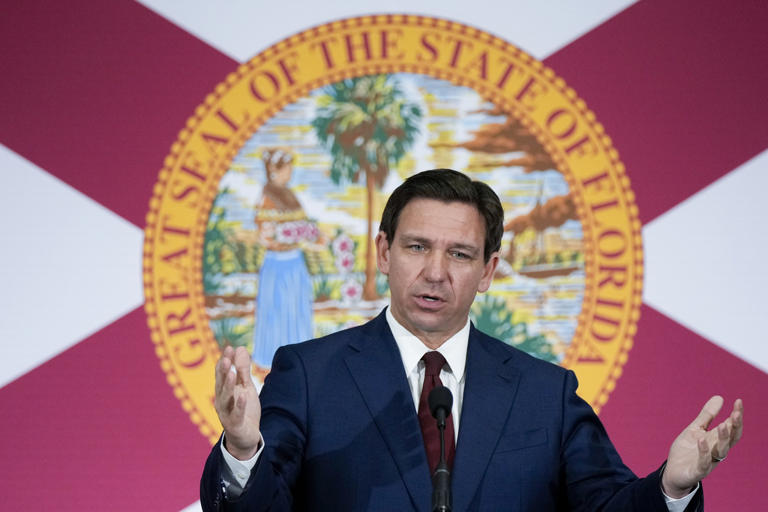The U.S. Treasury Department has recently issued a pointed warning concerning state laws that restrict banks from considering environmental, social, and governance (ESG) factors when making financial decisions. This cautionary stance, highlighted in a letter sent to lawmakers on Thursday, specifically critiques legislation signed into law by Florida Governor Ron DeSantis in May. The Florida law, alongside similar legislative measures being debated or enacted in other states, stipulates that banks should avoid integrating non-financial considerations, like ESG criteria, into their business operations, declaring such practices as “unsafe and unsound.”
In its letter, the Treasury Department articulates concerns that these state-level restrictions could undermine national security efforts by creating significant regulatory uncertainty. This uncertainty could, in turn, hamper the ability of federal agencies to combat money laundering, terrorism financing, and other illicit financial activities. The Treasury fears that by prohibiting banks from using ESG criteria, these laws might inadvertently facilitate the exploitation of the U.S. financial system by international drug traffickers, transnational organized crime groups, terrorists, and corrupt foreign officials. The department views ESG considerations as essential tools for identifying and mitigating risks associated with financial crime, thereby safeguarding the integrity of the U.S. financial system.
The opposition to ESG standards has been led by conservative Republicans, including Governor DeSantis, who argue that these initiatives are part of a broader progressive agenda that imposes undue ideological constraints on businesses. They contend that ESG measures can lead to what they perceive as unfair discrimination based on political beliefs and negatively affect legitimate industries. For example, the Florida law and similar legislation are seen by proponents as protecting the financial access of conservative groups and industries, such as the firearms sector, that have faced challenges like account closures or restrictions in recent years.
Tennessee has also recently enacted legislation akin to Florida’s, though it was not specifically addressed in the Treasury’s letter. Other states, including Arizona, Georgia, Idaho, Indiana, Iowa, Kentucky, Louisiana, and South Dakota, are considering similar measures. These legislative moves reflect a broader trend among some state legislatures to push back against the growing influence of ESG considerations in banking and investment practices.
The Treasury’s warning was prompted by a July 8 request from Representatives Josh Gottheimer (D-N.J.), Blaine Luetkemeyer (R-Mo.), and Brad Sherman (D-Calif.). Gottheimer, who initiated the request, has expressed approval of the Treasury’s response and has urged other states contemplating similar restrictions to reconsider their approach. He has warned that such legislation could jeopardize national security by potentially allowing criminal elements to exploit weaknesses in financial oversight.
The Treasury Department’s concerns underscore a significant and growing conflict between state-level legislative efforts aimed at curbing ESG considerations and federal priorities focused on maintaining stringent safeguards against financial crimes. This debate highlights a broader conflict within the U.S. financial regulatory landscape, balancing the need for responsible business practices with the imperative to uphold national security and ensure the integrity of financial systems.
In summary, the Treasury Department’s letter serves as a crucial reminder of the delicate balance between state legislative actions and federal regulatory oversight. It emphasizes the potential risks posed by restricting the use of ESG criteria and underscores the importance of maintaining robust financial oversight mechanisms to prevent misuse of the financial system by criminal actors.
